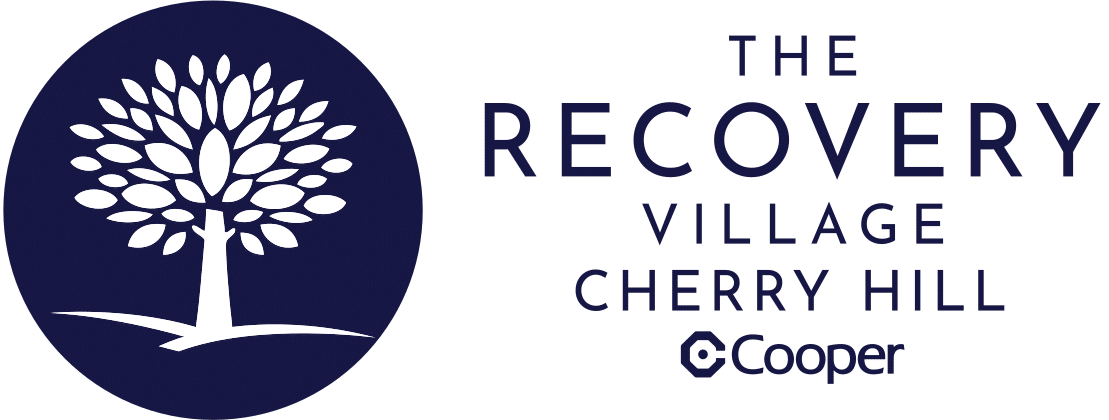Winter & Mental Health: Preparing for Winter Months in Recovery

By The Recovery Village
Medical Reviewer Don Rogers, CADC, CPRS | Editor Melissa Carmona
Last Updated: November 3, 2023
Editorial Policy | Research Policy
Winter can be a challenging time for mental health. Maybe even more so this year, due to lingering challenges related to COVID-19 like social distancing, remote work and school and economic concerns. All of this stress, paired with shorter, darker, colder days, can create difficulties for your mental health. Winter can also be an especially tough time for recovery.
Whether you’re in recovery or not, it’s important to anticipate the seasonal challenges of winter. Just like you make a plan to winter-proof your home, you should create a plan to proactively protect and maintain your mental health.
Substance Abuse & Mental Health in New Jersey
This year could be one of the most challenging winters for many people. COVID-19 infection rates are surging. The pandemic may be contributing to other public health issues as well. In particular, overdoses are on track to break previously held records in 2020, with pandemic stress being a primary contributor. Drug overdose rates in New Jersey were already up 20% by the middle of the year.
Proposed budget cuts from New Jersey Governor Phil Murphy would cut funding for school-based counseling and mental health services. Critics have said they’re stunned by the proposal, considering the situation we’re in with the pandemic right now.
Concerns Over the Impending “SAD” Season
All of the unique challenges of 2020 are brushing up against annual mental health challenges that winter brings, including seasonal Affective Disorder or SAD. SAD is a subtype of depression where symptoms are contained to a season. SAD is more than just the winter blues. It’s characterized by feelings of sadness, hopelessness and low energy.
Experiencing symptoms of SAD can lead some to try to self-medicate with substances or can trigger a relapse for someone in recovery. This is especially true if the person experiencing these symptoms is already isolating due to COVID-19 concerns.
Focusing on Sobriety & Wellness During New Jersey’s Winter Months
Being aware of how the seasonal changes can affect you can help you prepare for winter. Also consider any barriers to treatment you face and ways you can ask for help when you need it. Not getting mental health support may be one of the reasons that overdoses are increasing in the state. When you stay ahead of seasonal mood disturbances, you’re prepared to maintain your mental health despite possible obstacles.
Winter Relapse Prevention Tips
Before we’re in the full swing of winter, create a relapse prevention plan that is seasonally appropriate for you. If you’re not in addiction recovery, you can create a plan to protect and maintain positive mental health. Here are a few tips to include in your winter relapse prevention plan:
- Exercise, even if you have to do it indoors. Exercise is critical to our complete well-being, but if you regularly walk, run, or do other outdoor workouts, you may find it challenging to continue in the winter. Fortunately, there are apps and on-demand options (many of them free or low cost) so that you can stay fit from the comfort of your home. Promise yourself you’ll stick to a fitness routine this winter.
- Create a schedule and stick to it, even if you’re working from home this winter. A schedule can be good for keeping your hormones and brain chemicals balanced, and will help you feel more in control.
- Consider light therapy. Inexpensive light therapy boxes are available to buy online. These boxes simulate sunlight and can help with symptoms of SAD. You can use the lightbox first thing in the morning so that it’s like getting a dose of morning sun. Besides helping SAD symptoms, a lightbox can also help you keep your circadian rhythms and sleep patterns on track.
- Stay connected to friends, family and loved ones, even if you’re social distancing. For example, do regular FaceTime or Zoom check-ins or host virtual events. Social connection is critical for your mental health and recovery.
- Just because you might not attend in-person recovery meetings doesn’t mean you have to miss them altogether—commit to and make room in your schedule for regular online recovery meetings.
Reaching Out for Help in New Jersey
Even though COVID-19 is still lingering and winter is approaching, you don’t have to deal with substance abuse, depression or recovery on your own. Help is available and there are resources for you, even with social distancing practices in place.
The Recovery Village Cherry Hill offers teletherapy, telepsychiatry, and online addiction treatment programs through our mobile app. You’ll be matched with a licensed professional and can set up appointments on your schedule.
No matter what your plan for winter looks like, you don’t have to do it all alone. If you need additional support, contact us. Our team can help you identify treatment options to meet your needs and verify your insurance coverage.
Sources
Sitrin, Carly. “Proposed cuts to New Jersey school-based[…]le educators say.” Politico, September 1, 2020. Accessed November 5, 2020.
Yates, Riley. “Overdose deaths jump in 2020, with nearl[…]ast month in N.J.” Partnership for a Drug-Free New Jersey, June 18, 2020. Accessed November 5, 2020.
NIH National Institute of Mental Health. “Seasonal Affective Disorder.” Accessed November 5, 2020.

 Insurance
Insurance About Us
About Us Our Facility
Our Facility Admissions
Admissions Programs
Programs Medical Detox
Medical Detox Inpatient Rehab
Inpatient Rehab Aftercare & Recovery
Aftercare & Recovery
